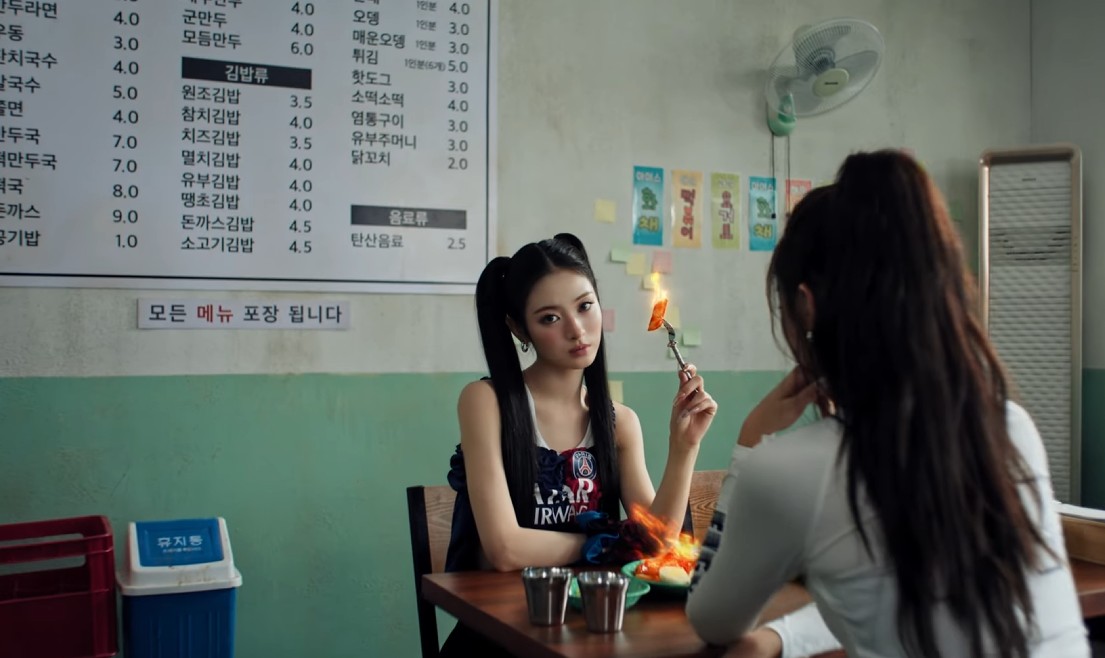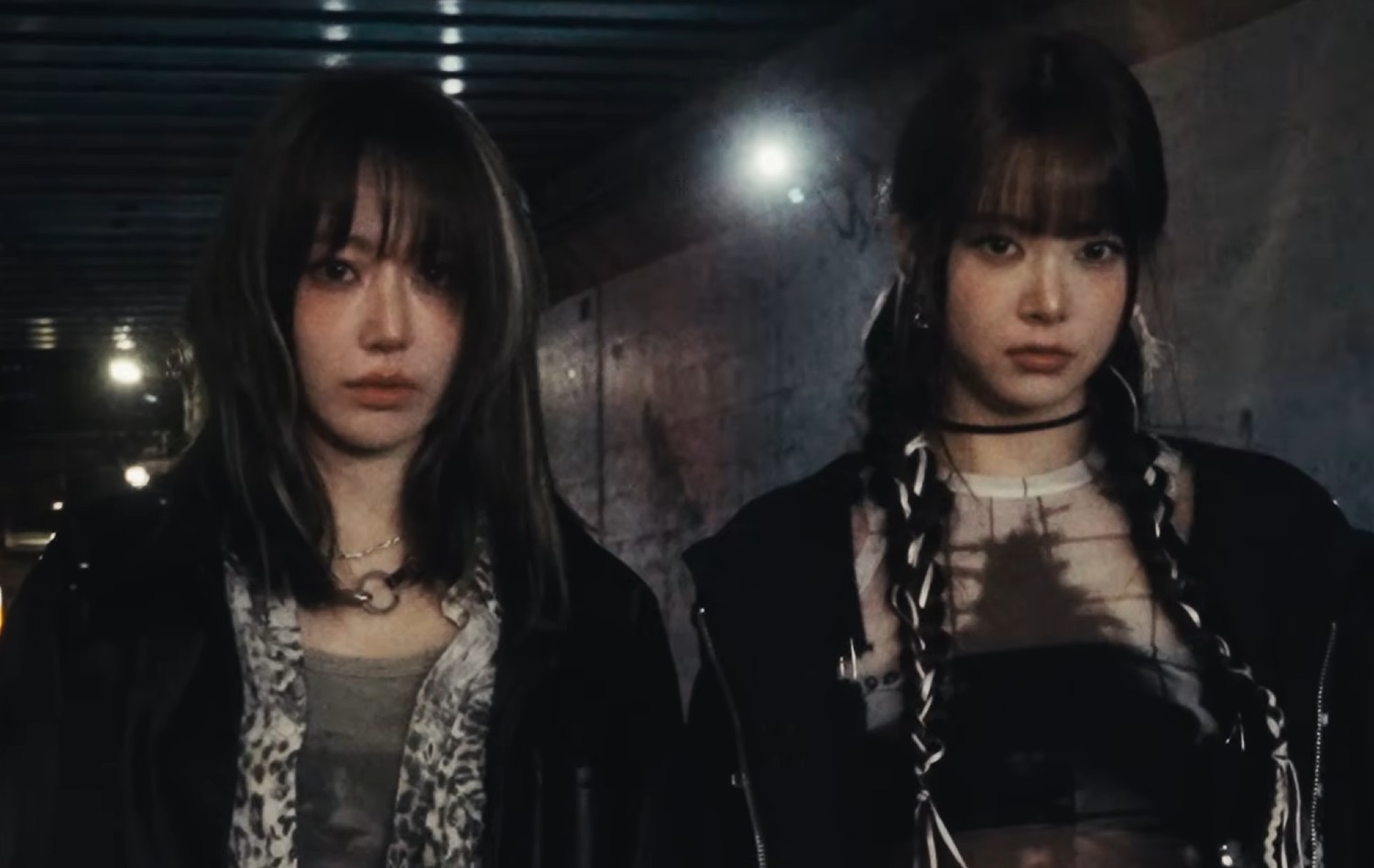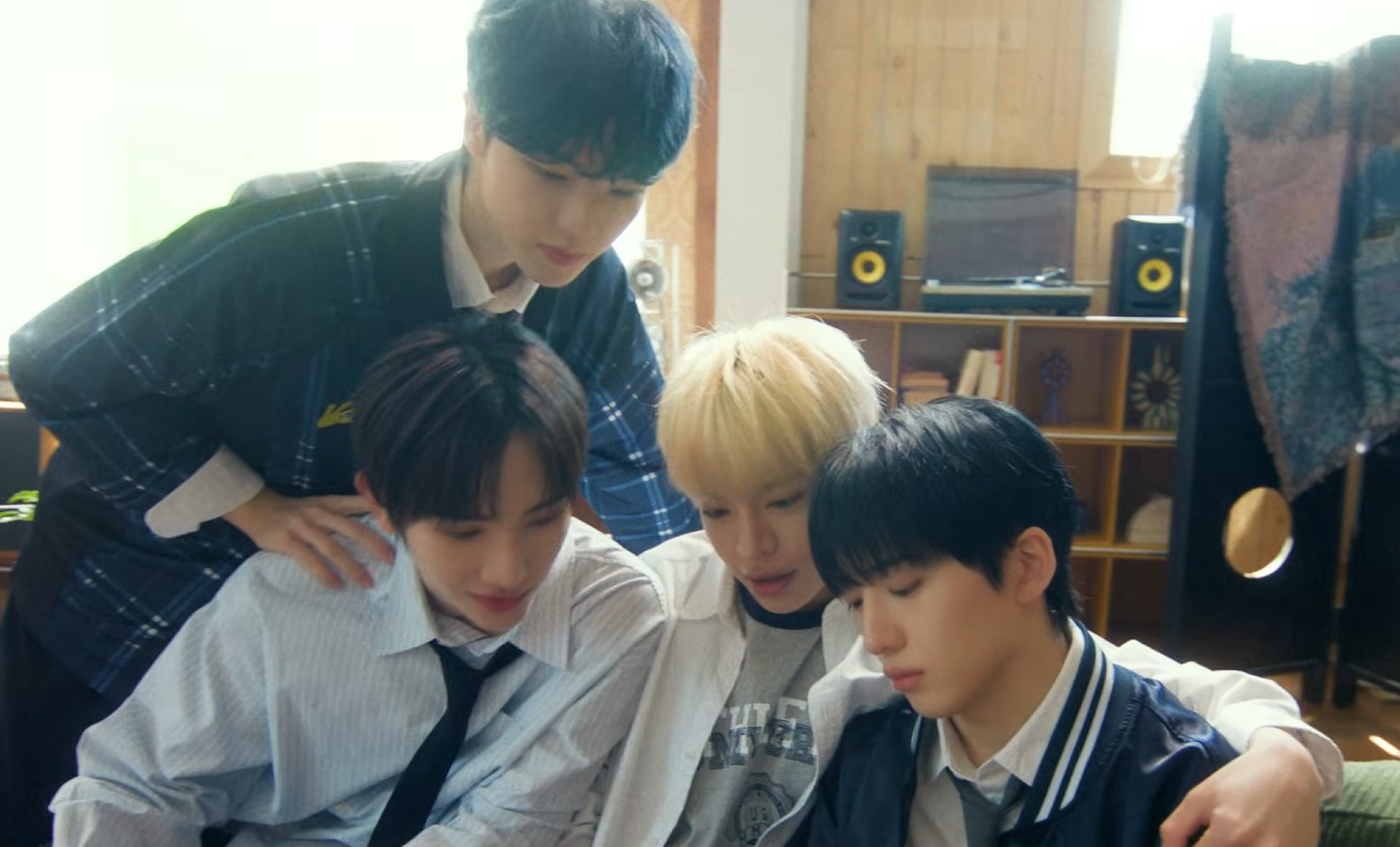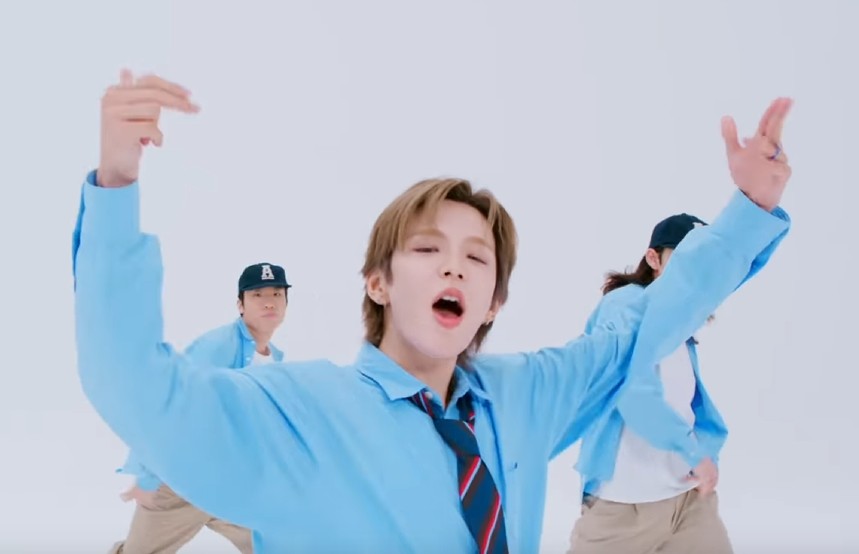The rise of BTS is often painted as a fairy tale of talent and perseverance—but behind their massive success is a painful history of BTS industry mistreatment. From being dismissed by Korean networks to facing xenophobia in the West, their story is one of constant resistance against systemic disrespect and racism.
Undervalued from the Start: BTS Faced Early Doubts
At debut, BTS was seen as irrelevant by the Korean mainstream, brushed off as a “nugu” group because of their small agency, BigHit Entertainment. Many dismissed their growing fanbase as purely “international,” implying they lacked credibility in Korea.
Across the globe, Western media echoed that dismissal. BTS was labeled as “just a social media trend” or “internet-famous,” their Korean lyrics and Asian identity used to discredit their place in the global music scene. Gatekeepers in both regions downplayed their rise as short-lived or unauthentic.
Media Mockery: From Condescending Variety Shows to Racist Interviews
BTS’s limited access to Korean music and variety shows came with another blow—mistreatment when they were invited. Yoongi’s lyrics were mocked on-air, RM’s pink hair criticized, and Jungkook was visibly rejected while offering food to senior idols.
In Western media, BTS faced even worse. Interviews often focused on invasive or inappropriate questions, from “Who’s your Hollywood crush?” to “Have you ever hooked up with a fan?”—while ignoring their artistry. Racist undertones painted them as novelties rather than musicians.
Award Show Humiliation: Snubs and Silenced Success
Recognition was hard-earned. At the 2013 MAMA Awards, BTS wasn’t even invited, despite being nominated. In 2016, during Melon Music Awards, the group experienced a “black ocean”—a coordinated effort where fans of other artists turned off their lightsticks to express silent protest.
Even in the U.S., they weren’t spared. The 2020 Grammy nomination for BTS wasn’t part of the televised event. Instead, it was hidden in a 5 a.m. KST YouTube livestream. Despite releasing Map of the Soul: 7, the world’s best-selling album that year, they were left out of major Grammy categories—fueling accusations of racial bias in the music industry.
Criticism of Their Popularity Metrics: Korea and the U.S. Alike
In Korea, critics questioned why BTS hadn’t scored a Perfect All-Kill or major Daesang awards early on. Meanwhile, in the U.S., skeptics pointed to the lack of Billboard No.1 hits or Grammy wins as proof that BTS didn’t “really make it.”
Yet today, BTS holds five Billboard Hot 100 No. 1s, over 57 Daesangs, and several Perfect All-Kills—proving those early doubts weren’t just wrong, but willfully blind.
Twisting the Narrative: When Success Became a Weapon
Once BTS became too big to ignore, the narrative changed. Suddenly, it wasn’t “they’re not popular” but “they’re only popular because of ARMY.” Critics claimed BTS monopolized awards and implied their success stemmed solely from fandom loyalty—not artistic merit.
Instead of celebrating their passionate fanbase, BTS’s connection with ARMY was spun as a liability. Their achievements were constantly undermined by those who saw devotion as manipulation.
Sajaegi and Chart Rigging Rumors: Smears Without Evidence
In 2015, when BTS’s albums outsold more established acts, Korean media accused them of sajaegi—chart manipulation. BigHit had to take legal action to clear the group’s name.
In the U.S., the accusations took another form. ARMY was blamed for “chart manipulation” by bulk buying or streaming too much. Billboard even published an article quoting Twitter users and sensationalizing the claim—then had the audacity to ask BTS about it during interviews, using those same fan tweets as supposed “sources.”
Targets of Online Hate, Racism, and Harassment
In Korea, antis coordinated malicious hashtags and accused BTS of plagiarism, using even the Wings Tour VCR as a reason for targeted backlash. In the West, things turned uglier. A German radio host compared BTS to the coronavirus, and Grammy-related merch mocked the group with a caricatured “beat-up” sticker.
BTS wasn’t punished for lacking talent—they were targeted because they were Korean, Asian, and successful without the West’s stamp of approval.
BTS and ARMY: Fighting Side by Side
Despite everything—dismissal, xenophobia, smear campaigns—BTS kept going, and ARMY stayed with them. The phrase “us against the world” isn’t hyperbole; it’s a survival mechanism, born from years of exclusion and perseverance.
This isn’t just a fan’s story. It’s a documented history of how global industries failed to recognize brilliance—and how BTS and their fans forced them to. As Shookga’s video makes clear, BTS didn’t climb the charts with luck. They fought every step of the way, side by side, with nothing but talent, belief, and the strength of their bond.














Leave a Reply